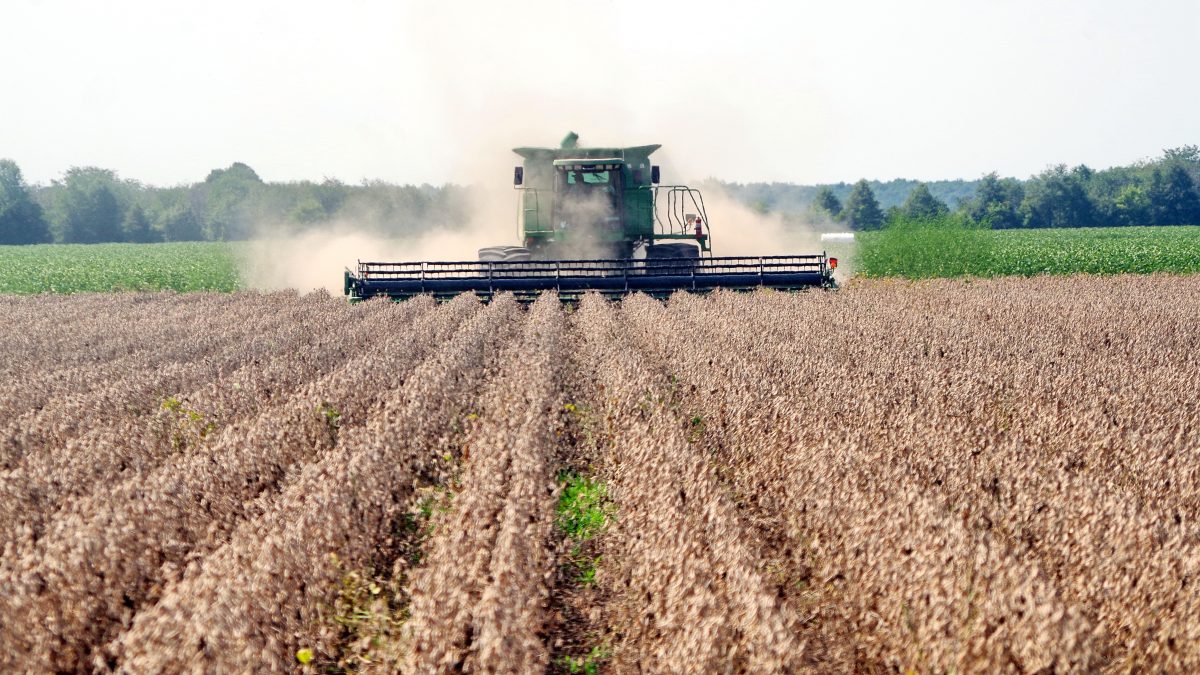Administration must do all possible to grow new markets for agriculture, AFBF’s Duvall says
Erin Anthony
Director, Communications

photo credit: Arkansas Farm Bureau, used with permission.
With President Donald Trump’s executive action to withdraw the U.S. from the Trans-Pacific Partnership, "it is critical that the new administration begin work immediately to do all it can to develop new markets for U.S. agricultural goods and to protect and advance U.S. agricultural interests in the critical Asia-Pacific region,” according to American Farm Bureau Federation President Zippy Duvall.
AFBF viewed TPP as a positive agreement that would add $4.4 billion annually to the struggling agriculture economy.
U.S. agriculture creates jobs and supports economic growth in rural America, and American agriculture depends on maintaining and increasing access to markets outside the United States. Trade is vital to the success of our nation’s farmers and ranchers. More than 25 percent of all U.S. ag production ultimately goes to markets outside our borders.
AFBF President Zippy Duvall
Work on the TPP largely wrapped up in February 2016, prompting many agricultural organizations, including AFBF, to call for congressional approval of the deal that promised American farms, ranches and companies access to nearly 500 million consumers in the Asia-Pacific region.
Acknowledging the tepid—at-best—support for the agreement on Capitol Hill, President Barack Obama held off on sending the pact to Congress. On the campaign trail, Trump was very open about his dislike for the TPP—and his plans to take a hard look the North American Free Trade Agreement.
Pointing out that U.S. agricultural exports to Canada and Mexico have quadrupled from $8.9 billion in 1993 to over $38 billion today, due in large part to NAFTA, Duvall said any renegotiation of NAFTA must recognize the gains achieved by American agriculture and ensure that U.S. ag trade with Canada and Mexico remains strong.
“AFBF will work with the administration to remove remaining barriers that hamstring the ability of America’s farmers and ranchers to benefit from trading relationships with our important North American trading partners,” Duvall said.
Farmers’ and ranchers’ interest in trade goes well beyond the Pacific Rim or the Americas, he added.
“American agriculture is virtually always a winner when trade agreements remove barriers to U.S. crop and livestock exports because we impose very few compared to other nations. We have much to gain through strong trade agreements. AFBF pledges to work with the administration to help ensure that American agriculture can compete on a level playing field in markets around the world. But we need the administration’s commitment to ensuring we do not lose the ground gained -- whether in the Asia-Pacific, North America, Europe or other parts of the world.
Trending Topics
VIEW ALL